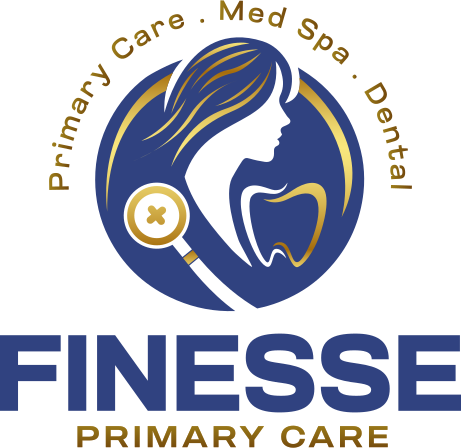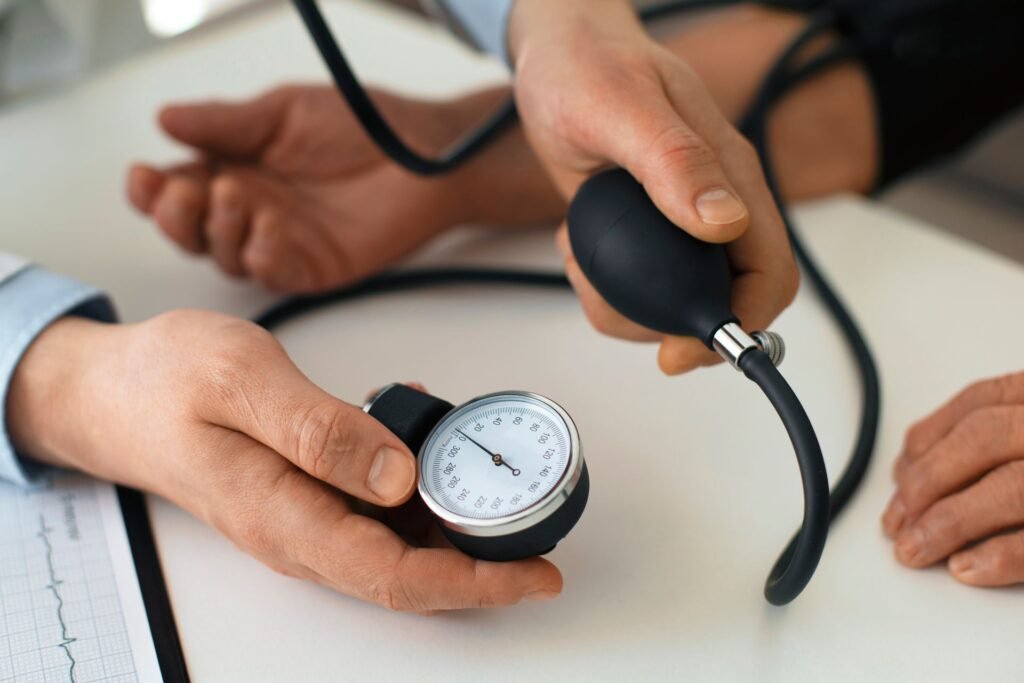Essential hypertension, also known as primary hypertension, is a condition characterized by elevated blood pressure without a known underlying cause. Managing this condition effectively is crucial, as uncontrolled high blood pressure can lead to severe complications like heart disease and stroke. In this article, we will review the latest guidelines, lifestyle changes, and medications to help manage essential hypertension.
Introduction
Essential hypertension refers to high blood pressure without a clear medical cause. Controlling blood pressure is essential to maintain overall health, as hypertension increases the risk of cardiovascular diseases, including heart attacks and strokes. To manage this condition effectively, it is crucial to follow the latest recommendations from health experts.
Latest Guidelines for Blood Pressure Management
The American Heart Association (AHA) and the American College of Cardiology (ACC) released updated blood pressure guidelines in 2017, which categorize blood pressure levels into five main groups:
- Normal: Less than 120/80 mmHg
- Elevated: 120-129/80 mmHg
- Stage 1 Hypertension: 130-139/80-89 mmHg
- Stage 2 Hypertension: 140/90 mmHg or higher
- Hypertensive Crisis: Over 180/120 mmHg (requiring immediate medical attention)
Understanding these classifications helps in monitoring and managing blood pressure effectively.
When to Start Medication
The current guidelines provide clear instructions on when medication is necessary:
- Stage 1 Hypertension: If a person has already experienced a cardiovascular event (such as a heart attack) or is at high risk for heart disease, medication is recommended immediately.
- Stage 1 Hypertension (Low-Risk): Lifestyle changes are suggested first, with medication being considered if there is no improvement after six months.
- Stage 2 Hypertension: Medications should be started alongside lifestyle changes.
Remember, treatment decisions should always be made in consultation with your healthcare provider to ensure personalized care.
Lifestyle Modifications to Manage Hypertension
Lifestyle changes are a crucial aspect of managing essential hypertension. Implementing these habits can lower blood pressure and improve overall heart health:
- Adopt a Healthy Diet: Follow the DASH diet (Dietary Approaches to Stop Hypertension), which emphasizes consuming fruits, vegetables, whole grains, and lean proteins while limiting sodium, added sugars, and unhealthy fats.
- Exercise Regularly: Engage in at least 150 minutes of moderate-intensity aerobic exercise, such as brisk walking or cycling, per week. Include strength training exercises twice a week.
- Maintain a Healthy Weight: Combine a balanced diet with regular exercise to achieve and maintain a healthy weight.
- Limit Alcohol Consumption: Men should limit alcohol to two drinks per day, while women should not exceed one drink per day.
- Quit Smoking: Smoking increases blood pressure and damages blood vessels. Seek support to quit smoking if necessary.
- Manage Stress: Incorporate stress-relief techniques, such as deep breathing, meditation, or engaging in hobbies, to reduce stress and improve mental well-being.
Medication Categories for Hypertension
If lifestyle modifications aren’t enough, medications may be necessary to manage blood pressure. Common classes of hypertension medications include:
- Angiotensin-Converting Enzyme (ACE) Inhibitors: Help relax blood vessels by inhibiting the production of angiotensin, a hormone that narrows blood vessels.
- Angiotensin II Receptor Blockers (ARBs): Block the effects of angiotensin II, allowing blood vessels to relax.
- Diuretics: Help the body remove excess sodium and fluids, lowering blood pressure by reducing blood volume.
- Calcium Channel Blockers: Prevent calcium from entering the cells of the heart and blood vessels, helping to relax and widen blood vessels.
- Beta-Blockers: Slow the heart rate and reduce the force of contractions, lowering blood pressure.
The choice of medication depends on individual patient factors. Always consult your doctor to determine the best treatment plan for your condition.
Conclusion
Managing essential hypertension requires a combination of lifestyle changes and, when necessary, medication. By adhering to the latest guidelines and making positive lifestyle adjustments, you can effectively control your blood pressure and reduce the risk of serious complications. Always consult with your healthcare provider for personalized advice and regular monitoring.
Frequently Asked Questions (FAQs)
Q: Can essential hypertension be prevented?
A: While essential hypertension is not entirely preventable, adopting a healthy lifestyle can significantly reduce the risk.
Q: Are all medications suitable for everyone with hypertension?
A: No, the choice of medication depends on individual factors. Your doctor will select the most appropriate treatment for your needs.
Q: How quickly can lifestyle changes impact blood pressure?
A: Positive changes can lead to noticeable improvements within a few weeks to months, depending on individual factors.
Q: Can stress alone cause essential hypertension?
A: Stress can contribute to high blood pressure, but essential hypertension usually results from a combination of factors, including genetics and lifestyle.
Q: Is essential hypertension hereditary?
A: There is a genetic component, but lifestyle factors play a significant role in developing hypertension.
Q: What is considered normal blood pressure?
A: Normal blood pressure is typically less than 120/80 mmHg.
Q: What is the DASH diet?
A: The DASH diet is designed to lower blood pressure by focusing on nutrient-rich foods like fruits, vegetables, whole grains, and lean proteins while limiting sodium and unhealthy fats.
Q: How much sodium should I consume daily?
A: It is recommended to limit sodium intake to less than 1500 mg per day for optimal blood pressure control.
Q: How often should I check my blood pressure?
A: Daily monitoring is recommended, especially in the morning. Record the readings in a log and share them with your doctor during follow-up visits.

